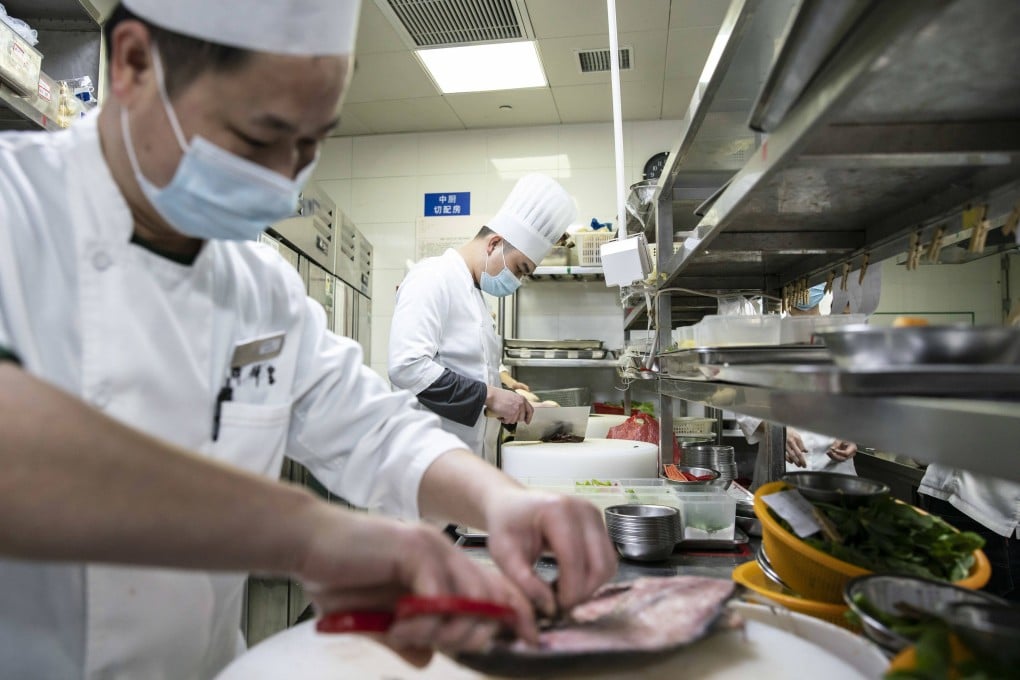China’s booming ready-meals industry shows how pre-cooked food options are here to stay
- Pre-prepared dishes raked in a whopping 550 billion yuan in China last year, and the industry’s rapid growth rate could see it surpass 1 trillion yuan in just a few years
- The trend reflects a change in Chinese people’s lifestyles during the pandemic, but the China Consumers Association says more regulations are needed

The growing popularity of pre-cooked food in China – also known as the ready-meals industry – has made it a capital darling, with investors looking to cash in on the trend prompted by changes in people’s lifestyles amid the pandemic.
Deloitte Asia-Pacific’s consumer goods and retail industry head, Zhang Tianbing, now says China’s pre-prepared food market looks to have a promising future, with the corporate side of the business currently more mature, while the general consumer market is still in the process of penetration.
“Pre-prepared dishes meet the preferences of a new generation of consumers for healthier and more distinctive meals … and the epidemic has accelerated the spread of pre-cooked food,” Zhang said.
Deloitte China, in cooperation with Mumian Capital and Inward Fund – two investment houses focusing on the country’s new economy sector – said in a report on Monday that the pre-made food market is shaping up to be even more lucrative this year than during the first two years of the pandemic.